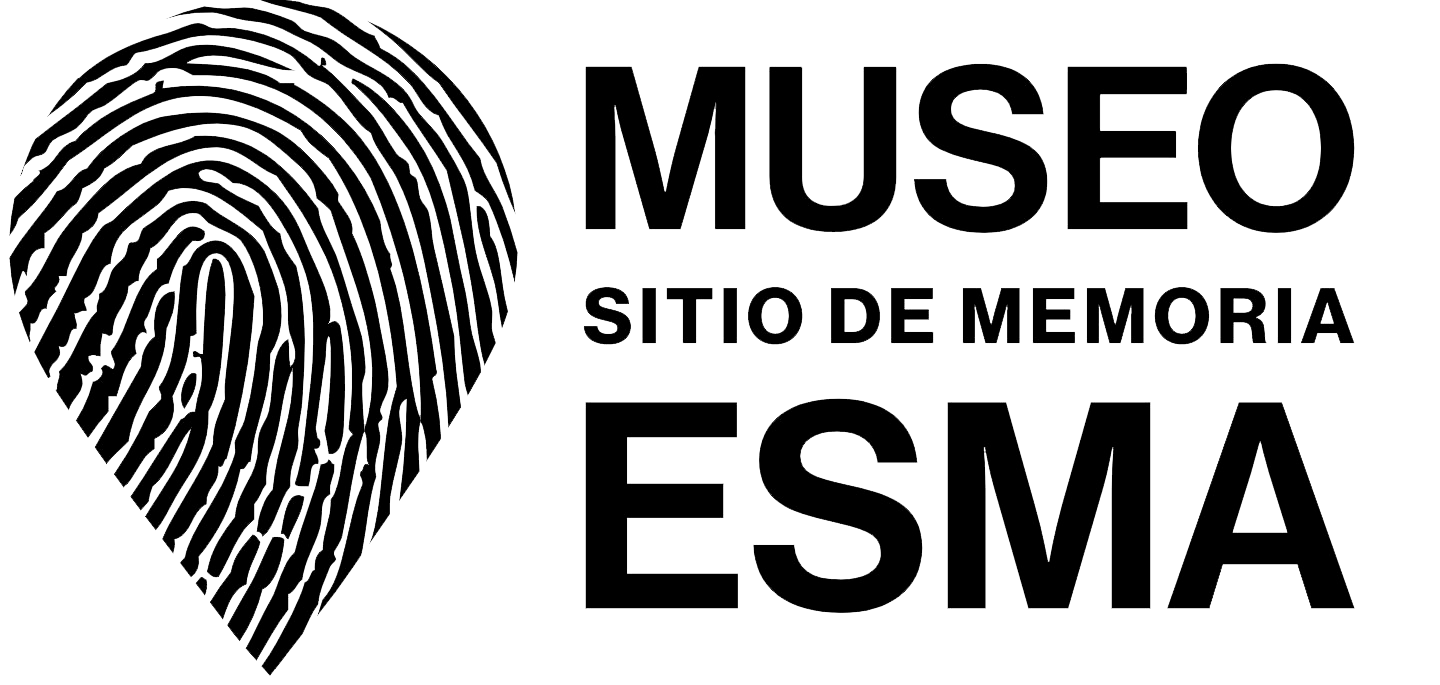The candidacy of the ESMA Museum and Site of Memory – Former Clandestine Center of Detention, Torture and Extermination for the UNESCO World Heritage List was presented on September 23, 2020 before top officials of the ministries that form the Argentine World Heritage Committee. Participants of the event included the nomination’s work team, secretary of Human Rights Horacio Pietragalla Corti, Minister of Justice and Human Rights Marcela Losardo, Foreign Minister Felipe Solá, Minister of Culture Tristan Bauer, Minister of Tourism and Sports Matías Lammens, and Minister of Education Nicolás Trotta. María Soledad Cantero attended in representation of the Ministry of the Environment and Sustainable Development.
The Opening Statements were presented by Pietragalla Corti, who pointed out that «For the region it would be very important to get the Museum included into the World Heritage together with sites like Auschwitz-Birkenau and the Hiroshima Peace Memorial, which are currently regarded as heritages of memory”. In this sense, the official regarded that “it would represent a historic reparation for all the sites of memory that exist throughout the country and their essential role in the policies of Memory, Truth and Justice.”
To complete the presentation, the Museum’s Executive Director Alejandra Naftal introduced her team and detailed: “Together with the technical file UNESCO requires, in order to achieve the nomination to the World Heritage List, that the Argentine State is truly committed to it across its different dimensions: political, diplomatic, social and economical”.
In turn, minister Losardo stated that the Museum’s induction to the UNESCO list “will project, from the South Cone towards the rest of the world, a Never Again to the serious human rights violations committed by state terrorism”. According to the official: “this place, where horror has existed in the rawest of ways, is a place to remember and prevent crimes against humanity from happening again”.
Minister Lammens stressed that “undoubtedly, the Museum is an essential touristic spot due to its connection with the history of the Argentine people”. Following that idea, he also stated that “it would be important to get UNESCO to acknowledge that and for that reason you have the full support of the ministry and all of our resources are fully available to you”.
“What you are doing with this candidacy is very important, it should also be regarded as an opportunity to think ahead. We at the Ministry of Culture have been feeling we are part of this since it began and both we and our staff will put our effort in favor of getting the ‘Never Again’ to become a World Heritage”, said Tristán Bauer, who was joined by his team.
From the Education area, Nicolas Trotta defined the candidacy as “a process that will reaffirm what we believe must be our pride: the way democracy and the lead role of the victims’ families managed to build a human rights agenda”. Like his peers, Trotta stated his support and commitment to promote the candidacy from the ministry he leads.
In the end, and representing the Minister of the Environment Juan Cabandié, María Soledad Cantero confirmed their commitment with the work team and assured that the office “will join them through the management of public policies of sustainable development for the different Spaces of Memory, which are of great interest.”
As a closure, foreign minister Solá said that “the responsibility of getting UNESCO to turn this site into a World Heritage landmark is a big one. It would be a key step for the world’s recognition of Argentina’s uncompromising fight to bring those responsible of genocide to justice”.
Other participants in the meeting included Mauricio Cohen Salama, General Coordinator of the Work Plan for the candidacy, Mayki Gorosito, its Coordinator of International Relations, Salomé Grunblatt, Head of Institutional Relations at the ESMA Museum and Site of Memory, Virginia Croatto, Head of Contents of the ESMA Museum and Site of Memory, and Cecilia Meirovich and Josefina Nacif from the Foreign Office’s Department of Human Rights.



